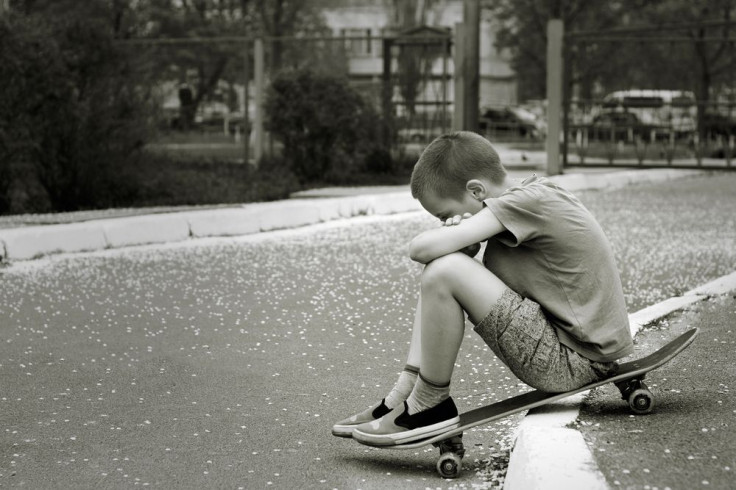Head Injury May Impair Child's Social Life Years After Trauma

New research shows that a head injury may have far-reaching consequences for a child’s social life, highlighting a previously unknown effect of concussions and similar trauma.
Dr. Shawn Gale, a neuropsychologist at Brigham Young University and co-author of the study, said that the findings also underscore the importance of giving pediatric patients the time they need to recover. "The thing that's hardest about brain injury is that someone can have significant difficulties but they still look okay,” he explained in a press release.
"But they have a harder time remembering things and focusing on things as well and that affects the way they interact with other people,” he continued. “Since they look fine, people don't cut them as much slack as they ought to."
The study, published in the Journal of Head Trauma Rehabilitation, investigated the relationship between pediatric brain injury and social ability by following a group of children who had suffered head trauma three years earlier. By interviewing each participant’s parents, the researchers assessed social factors like participation in groups, number of friends, and the amount of time spent with friends. They then used magnetic resonance imaging (MRI) to measure the thickness of the brain’s outer layer in the frontal lobe.
By examining the degree of trauma in relation to social capacity, the team found that the injuries could be used to predict the health of a patient’s social life.
Recovering from Head Injury
The current study follows in a growing line of papers investigating the consequences of pediatric head trauma. Earlier this week, researchers at Wake Forest Baptist Medical Center determined that a single season of high school football may be enough to induce brain alterations. Similarly, a study from the Children’s Hospital of Philadelphia recently cautioned that the use of electronic after a concussion may double the recovery time.
While the new findings illuminate a difficult symptom, they also hint at a possible therapy target. According to the authors, the physical trauma and social withdrawals are connected through “cognitive proficiency,” which is made up by short term memory and cerebral processing speed.
"In social interactions we need to process the content of what a person is saying in addition to simultaneously processing nonverbal cues,"co-author Ashley Levan, a doctoral candidate at Brigham Young, told reporters. "We then have to hold that information in our working memory to be able to respond appropriately.”
“Want to go into more of the details about why working memory and processing speed are associated with social functioning and how specific brain structures might be related to improve outcome," Gale added.
Source: Levan A, Baxter L, Brock KC, et al. Right Frontal Pole Cortical Thickness and Social Competence in Children With Chronic Traumatic Brain Injury: Cognitive Proficiency as a Mediator. Journal of Head Trauma Rehabilitation. 2014.



























